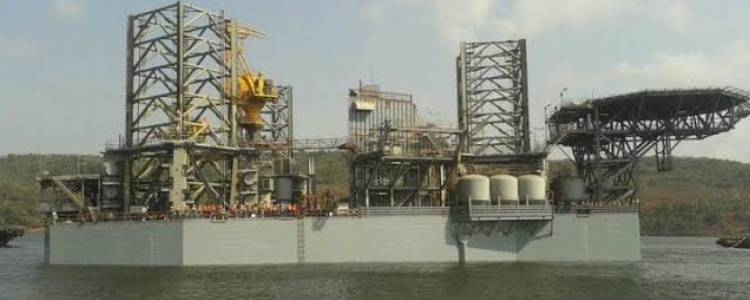CORPORATE ADDRESS
No.18, Plot 209, 1st Floor, Atlanta Building, Jamnalal Bajaj Marg, Nariman Point, Mumbai 400 021

Tankers are specialized vessels designed for transporting liquid cargoes, primarily crude oil, petroleum products, chemicals, and liquefied natural gas (LNG). They come in various sizes and configurations to accommodate different types of liquid cargo and routes. Tankers are crucial for the global energy supply chain, facilitating the movement of vast quantities of oil and gas from production sites to refineries and distribution centres worldwide. They are equipped with sophisticated pumping and storage systems to ensure the safe and efficient transport of liquids across oceans and waterways. Tankers play a vital role in international trade and are subject to stringent safety and environmental regulations to mitigate risks associated with their operations.
Handysize tankers are maritime vessels with gross tonnage (GT) ranging from 6,000 to 25,000. Specifically designed for carrying liquid cargoes, such as petroleum products and chemicals, they offer versatility and manoeuvrability for accessing smaller ports and navigating narrow waterways. With capacities tailored to medium-scale shipments, Handysize tankers play a vital role in regional distribution networks, contributing to the efficient transport of liquid commodities while adhering to industry safety and environmental standards.
Medium Range (MR) tankers are maritime vessels with gross tonnage (GT) ranging from 15,000 to 30,000, specifically designed for transporting refined petroleum products. These versatile tankers are optimized for medium-range voyages, offering efficient and cost-effective transportation between regional hubs and ports. With their larger capacities compared to Handysize tankers, MR tankers play a crucial role in the global distribution of petroleum products, ensuring a steady supply to markets while adhering to stringent safety and environmental regulations.
Liquefied Gas Carriers up to 30,000 Gross Tonnage (GT) are specialized vessels designed to transport liquefied gases like Liquefied Natural Gas (LNG) and Liquefied Petroleum Gas (LPG). These carriers play a crucial role in the energy supply chain, facilitating the safe and efficient transportation of these valuable commodities across the seas. With advanced technologies and safety measures in place, these vessels ensure the secure delivery of liquefied gases to various destinations, contributing significantly to the global energy trade and infrastructure.